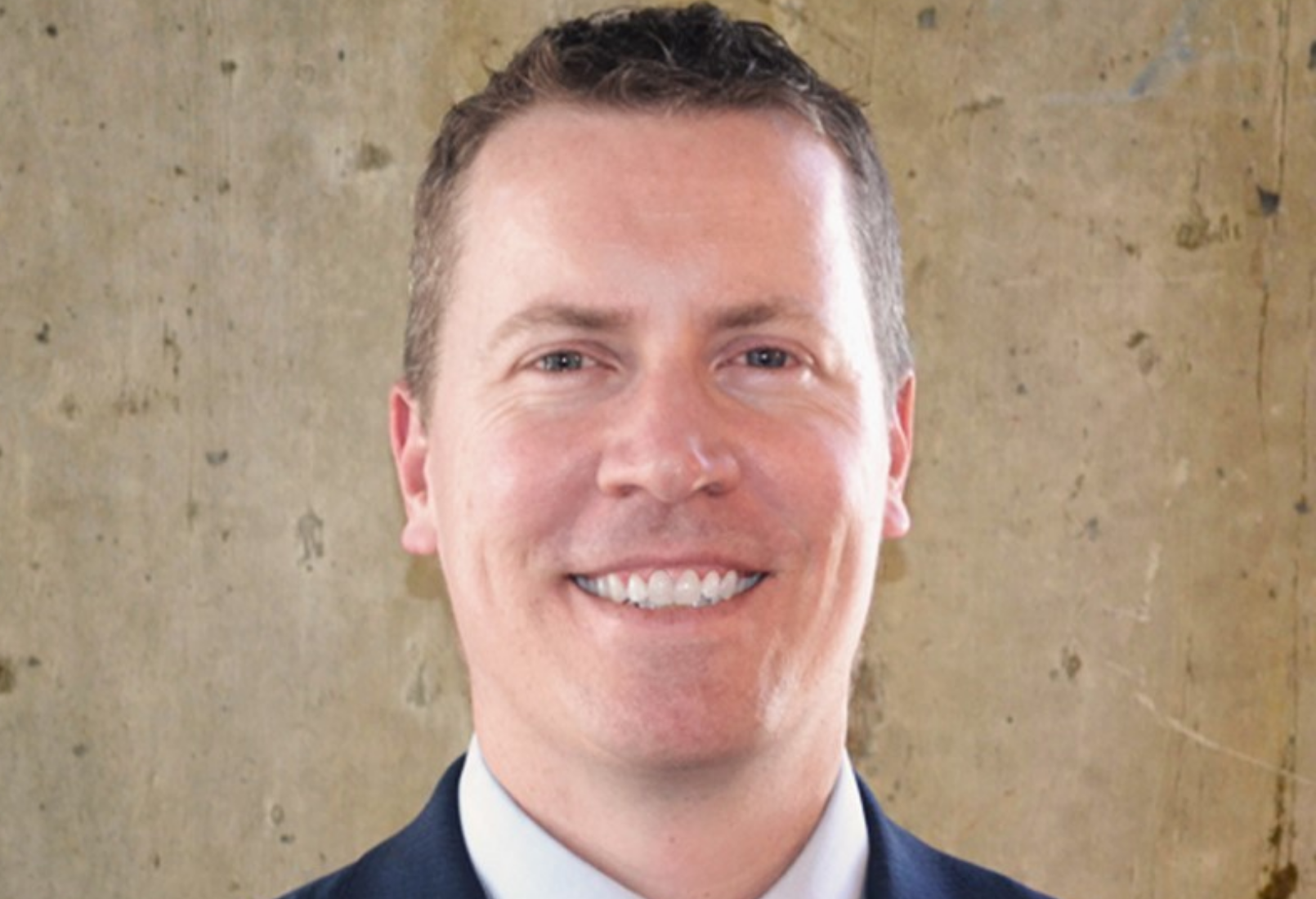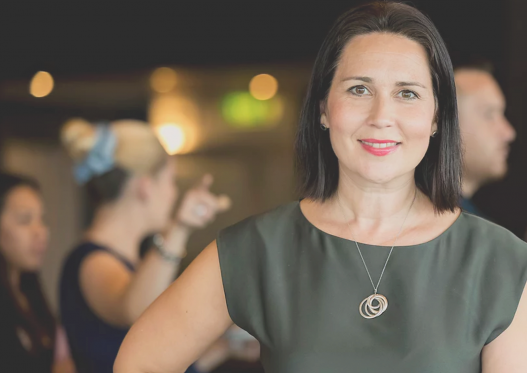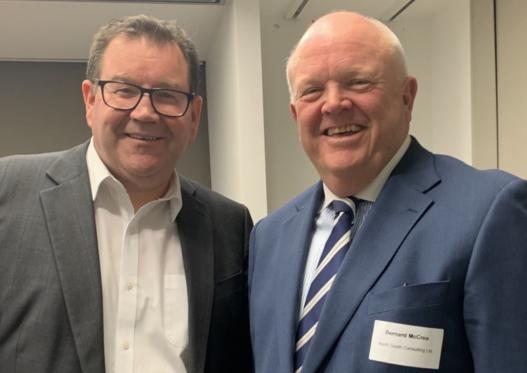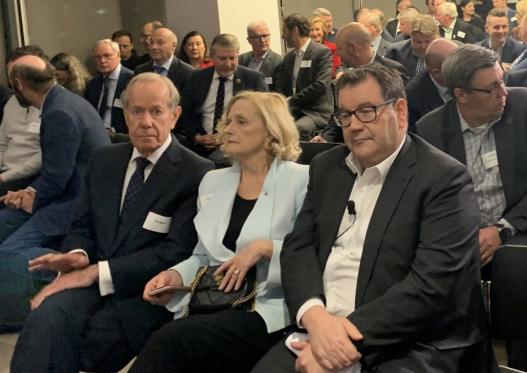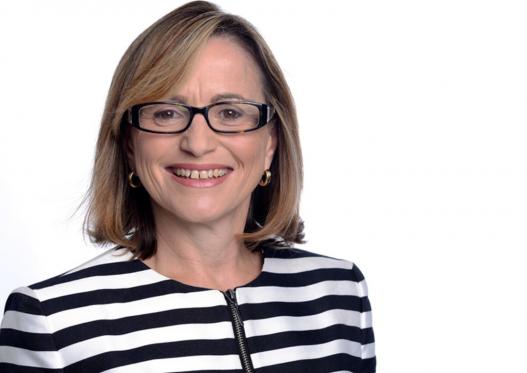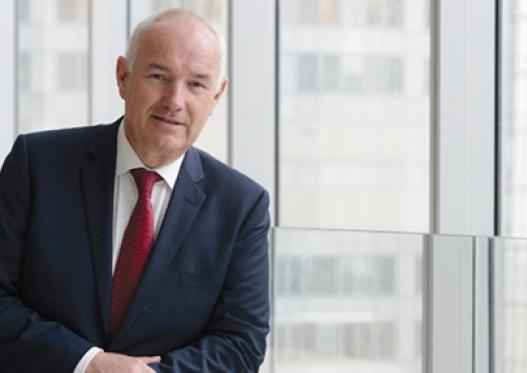Remote working looks like it’s here to stay for financial services, recruitment specialist Matt McGilton tells the latest FINSIA Podcast.
Kaizen Recruitment MD Matt shared his thoughts on the jobs landscape before the latest lockdowns - but new data suggests the trend towards a WFH choice is still a strong driver.
While financial services recruitment ground to a halt at the outset of the pandemic in March 2020, it recovered to the point where hiring was actually a problem.
“As organisations adapted and had to respond to that challenge of digital interviewing, remote onboarding, there was this backlog of recruitment flowing into the financial services employment sector,” he says.
“December last year was almost back to boom periods with so many organisations that had this pent up recruitment need.”
Areas like risk and compliance, cyber security, ESG and responsible investment are in a ‘huge demand … that demand, in a lot of areas, is exceeding supply,’ explained Matt.
That 700,000 foreigners on certain work visas left the country, has been causing ‘genuine and real challenges in terms of finding talent in the Australian financial services sector’.
He goes on: “It’s great if you've got a skillset and that skillset's in demand. You’re seeing multiple opportunities coming your way. We're having to head hunt people from organisations.”
The days of just putting an ad online and expecting to see talent has gone. New data shows that job ads with a WFH choice tripled up to May 2021, according to LinkedIn.
Matt’s experience certainly seems to back this ability to choose.
His clients are asking ‘why do we look for the best person just in Sydney CBD or Melbourne CBD - why don't you look Australia wide?They are even thinking about potentially hiring someone in the UK or the US that can work remotely?
“Businesses have to get creative around this,” he says.
“Mobility is interesting. I think this has really created a chance to work from anywhere. And we're seeing some really adopt that into their business.
“We're seeing how candidates de-select on those opportunities that don't provide flexible work arrangements. So, it's intriguing.
“This challenge is going to be with us for the rest of this year, and definitely into 2022 - around skill shortages until we adapt to this reality of living with COVID.
“It's challenging but a good problem if you're a candidate with a skillset that's in demand.”
Candidates who want to move interstate for the right opportunity are being accommodated and onboarded while in their home state.
For someone in Brisbane committed to relocating to Melbourne, Sydney, Adelaide or Perth, that's not an issue anymore, according to Matt.
Organisations are recruiting with a view to getting the new starter in the office once every quarter or once every month with the view to relocate permanently.
“It's provided more of an opportunity for organisations to identify talent anywhere, as opposed to just in the local market,” he says.
“Why limit yourself as well, to just potentially looking for work in your home state or home city.
“It’s been a really interesting challenge around how you convince people to relocate for certain opportunities.
“I think historically, Australians haven't really embraced that but, potentially, now it's more of an opportunity.”



